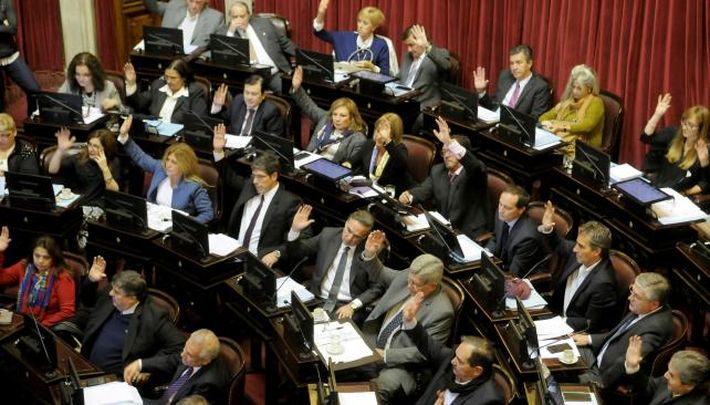
Español Politics has always been a frantic race to see who is the most generous. Lawmakers make promises to the people to ensure they win elections. It’s as simple as that.
Telling people that their success mostly relies on their own personal effort, creativity and ability to rise to challenges is not the most catchy of campaign slogans. What “sells” is the idea that if, “if you vote for me, all life’s problems will be solved.”
But politicians are doing nothing more than giving us a lot of benefits in exchange for our minimum effort of ticking the box next to their name on election day — an irresistible proposal.
This generosity is a mirage. Nothing offered by politicians is theirs to hand out. Subsidies have to be paid through taxes and charged to the same people they are supposed to benefit.
Proposals such as price controls, minimum wage laws or the now-famous and expensive idea of banning layoffs in Argentina — though dressed up like blessings — are always contrary to the objectives they seem to be rooted in. It’s what economists call, “unintended consequences.”
In my new book, “Strangled,” I cite a study by Professor John Dawson and John Seater analyzing the weight the new regulations had on the US economy from 1949 to the present day. The analysis shows that if the Federal Regulations Code had remained unchanged, the rate of economic growth would have been 2 percentage points higher. Thus, the US GDP in 2011 would have been about US $ 53.9 billion, instead of the 15.1 billion it reached that year.
Another interesting fact arises from comparing European and United States Labor Laws. According to Jeffrey Sachs and Felipe Larrain in their analysis of macroeconomics in the global economy, “The United States is characterized by a highly dynamic and competitive labor market. Labor Union coverage is low … and unemployment compensations are modest and short-lived.”
The situation in Europe is radically different and this has resulted in an historic unemployment rate higher than the United States’.
What a paradox. The region that most “protected” its workers is the one that has the highest unemployment.
Though they may be motivated by the best intentions, all these regulations, taxes and subsidies bring along unintended consequences that end up making the situation worse than it was before.
If politicians truly desire common man’s happiness, they should radically change their strategy. The world’s richest countries are those who have the most economic freedom and where the best conditions to invest and produce are located.
Progress does not spring from the legislators’ minds or pens, but from the entrepreneurs’ initiative and ingenuity.
If we understand this, we can also understand that the only role for legislators is removing the obstacles that weigh down today’s private sector. Only then, when the economy ceases to be choked, can Argentina breathe again.
 Versión Español
Versión Español












